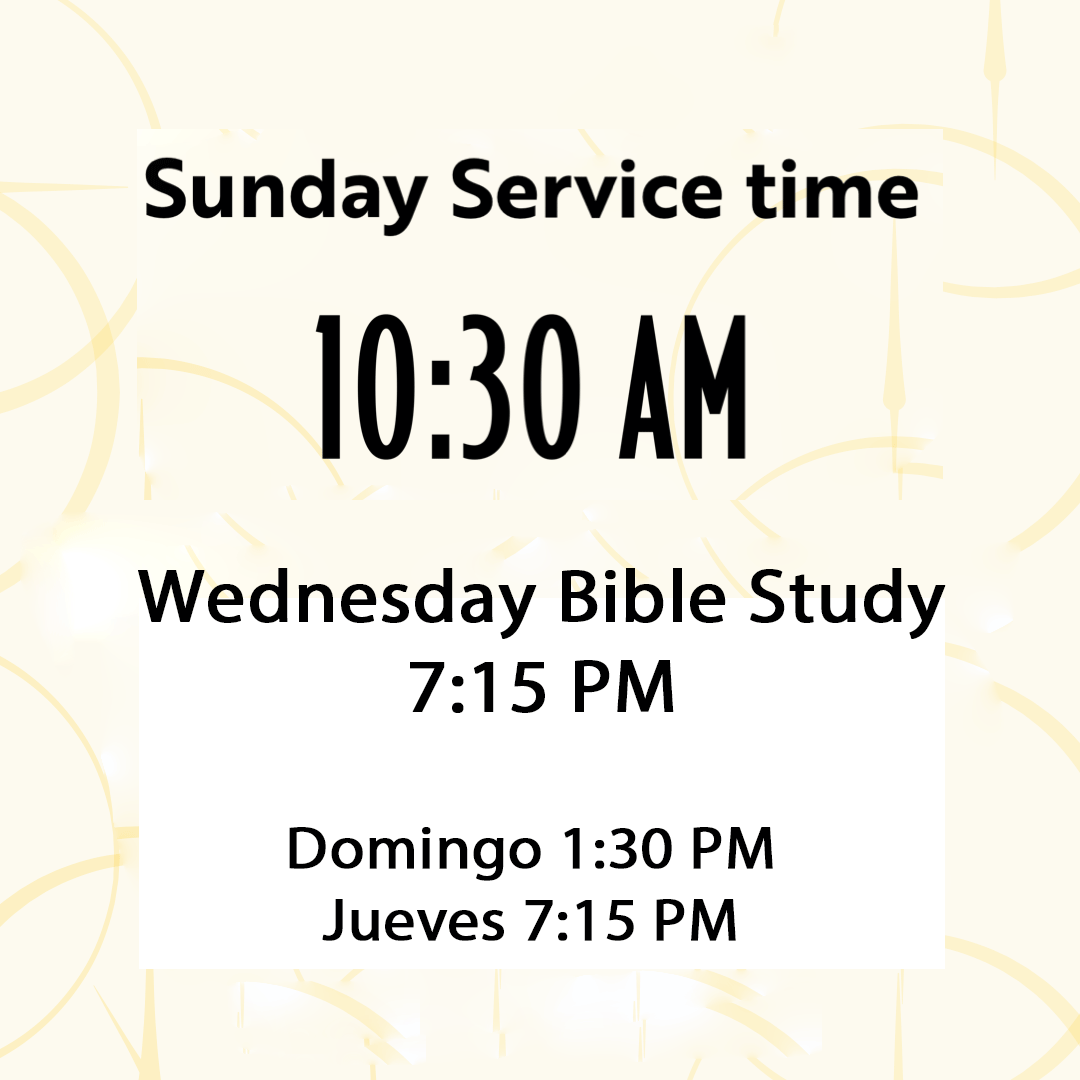Did Mary Remain a Virgin?
In the New American Bible’s English translation of the Gospel of St. Mark we do indeed read about the crowd asking, "Isn’t this the carpenter, the son of Mary, a brother of James and Joses and Judas and Simon? Aren’t His sisters our neighbors here?" (Mk 6:3) A similar reference occurs earlier in Mk 3:31: "His mother and brothers arrived...."
The problem emerges in understanding the meaning of the word brother. In the original text of the Gospel, we find the Greek word adelphos, meaning brother, used. However, adelphos does not just mean blood brothers born of the same parents. Rather, adelphos was used to describe brothers not born of the same parents, like a half-brother or stepbrother. The word also described other relationships, like cousins, nephews, etc.
For example, in Genesis 13:8 and 14:16, the word adelphos was used to describe the relationship between Abraham and Lot; however, these two men did not share a brother relationship, but one of uncle and nephew.
Actually, the confusion originates in Hebrew and Aramaic, the languages of most of the original Old Testament texts and of Christ. In these languages, no special word existed for cousin, nephew, half-brother, or step-brother; so they used the word brother or a circumlocution, such as in the case of a cousin, "the son of the brother of my father." When the Old Testament was translated into Greek and the New Testament written in Greek, the word adelphos was used to capture all of these meanings. So in each instance, we must examine the context in which the title is used. In all, the confusion arises in English because of the lack of distinct terms for relatives in the Hebrew and Aramaic, and the usage of the Greek adelphos to signify all of these relations.
Therefore, as Catholics, based on Sacred Scripture and Tradition, we do not believe that Mary and Joseph had other children and consequently that Jesus had any blood brothers or sisters.
Yours in Christ
L.M.
Bible Answer: Hi Laurance. Your argument about the brothers and sisters of Jesus are very lame. You mentioned that the Greek word, adelphos, means both relatives and brothers. Then you quoted the Hebrew in Genesis 13:8. How can you quote from the Greek in Mark and the quote the Hebrew in Genesis 13:8 and say those are the same words. I give you the benefit of the doubt that you meant the Greek Septuagint.
The word adelphos literally means, "the sharing of the womb". I quote to you Strongs:
adephos (ad-el-fos'); from 1 (as a connective particle) and delphus (the womb); a brother (literally or figuratively) near or remote [much like 1]: KJV-- brother.
So the word adelphos comes from the word "womb". This clearly places his brothers and sisters as coming from the same womb that Jesus came from.
You made an argument that there were no other Greek words that could have been used to speak of relatives; however that is not true. Consider Luke 1:36: "Even Elizabeth your relative is going to have a child in her old age, and she who was said to be barren is in her sixth month."
The Greek word "relative", sometimes translated cousin, is the word suggenes. Strongs defines it as the following: "suggenes (soong-ghen-ace'); a relative (by blood); by extension, a fellow countryman: KJV-- cousin, kin (-sfolk, -sman)."
You notice the word sugGENES has the word "genes" which can mean brother and sister, but it can also mean any relative that shares genes with you. Cousin’s have similar genes, that's why we often look like our cousins.
You see, your Roman Church, tells you that there are not any Greek words for cousin or relative. You said, "No special word existed for cousin, nephew, half-brother, or step-brother; so they used the word brother or a circumlocution, such as in the case of a cousin, 'the son of the brother of my father.'" However I've just shown you the Greek word suggenes. So your argument does not stand, since there was a another Greek word for relative.
The Bible is very clear: Mary had more children after Christ was born. "When Joseph woke up, he did what the angel of the Lord had commanded him and took Mary home as his wife. But he had no union with her until she gave birth to a son. And he gave him the name Jesus" (Matt 1:24-25). Notice that Joseph did not have "union with her until she gave birth." It did not say "no union for life" but "until". It is clear he waited until the birth before he began to fulfill his conjugal vows to Mary. This passage is quite clear.
Matthew 13:55-56 also confirms Jesus had brothers and sister: "'Isn't this the carpenter's son? Isn't his mother's name Mary, and aren't his brothers James, Joseph, Simon and Judas? Aren't all his sisters with us?'" Notice both Mary and Joseph are mentioned along with Jesus brothers and sisters. There is no way to read anything except that they were Jesus' brothers and sisters through the same parents. The language of the passage would not make sense if they were referring only to Jesus relatives, since they link them with the same parents.
Here is another scriptural proof that Jesus had brothers and sisters through the same mother:
"While Jesus was still talking to the crowd, his mother and brothers stood outside, wanting to speak to him. Someone told him, 'Your mother and brothers are standing outside, wanting to speak to you.' He replied to him, 'Who is my mother, and who are my brothers?' Pointing to his disciples, he said, 'Here are my mother and my brothers. For whoever does the will of my Father in heaven is my brother and sister and mother" (Matt 12:46-50).
This passage would not make sense if Jesus brothers and sisters were cousins, because Jesus uses His natural relationship with them to point out our spiritual relationship with Him; for He says, "Whoever does the will of my Father in heaven is my brother and sister and mother." If the words "brother and sister" means cousin, then Jesus was calling his disciples, "cousins", and not brothers and sisters; the interpretation nullifies the intent of Jesus' words. Surely, Laurance, you can see that! Jesus really meant that we are his "brothers, sisters and mother" if we do the will of His father in heaven.
Mary was a virgin at the time of Jesus conception and birth. That is what matters. But Roman Catholics want to make Mary as Co-Redeemer, Mediator of all Graces and Advocate for the people of God. Mary has become a goddess in the Roman Catholic church, and that is idolatry--anyway you look at it.
One final note: I have a deep respect and honor for Mary, the mother of our Lord. Do not misread my statements as being disrespectful of Mary, because I believe she is the most important woman ever born, and she has the eternal distinction of bearing the Son of God in her womb. I call her "blessed."
The concept of the "ever Virgin" Mary appeals to some because of their Victorian approach to sex. Some still find sex, even with the spouse, as somehow beneath saintliness. Consider this: the Roman Catholic Church is the only church requiring celibacy, and so it is no coincidence that some Catholics view sex as sinful. But it is not if it occurs between a husband and the wife. In fact, sex is commanded by God of married couples: "Be fruitful and increase in number" (Genesis 1:28). If Mary and Joseph did not attempt to be fruitful and multiply, that, in itself, would have been disobedience to God's command to the human race. So there is nothing wrong with Mary having children, after giving birth to Jesus.
It is not a sin for a wife to procreate--rather, it is a woman's glory--for a wife to bear children. In the Old Testament, bearing children was considered a blessing of God's favor. I believe Mary obeyed God's command to be "fruitful and multiply", and her many sons and daughters were proof of God's favor on her. God gave Mary more children as gifts for her sacrifice in bearing the Son of God.

